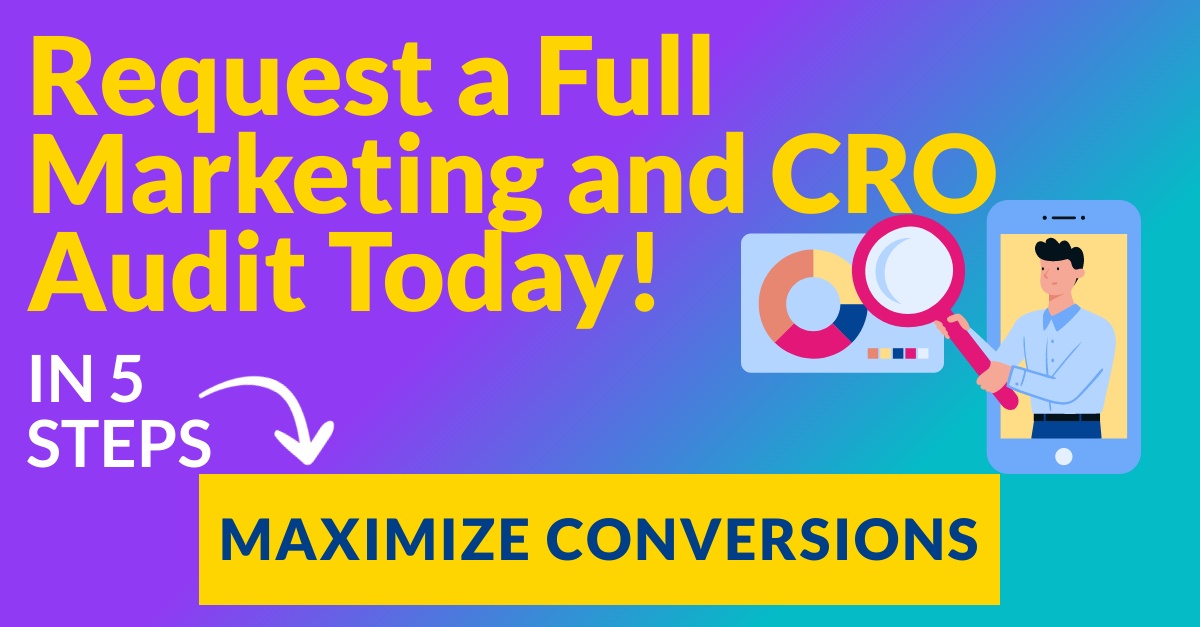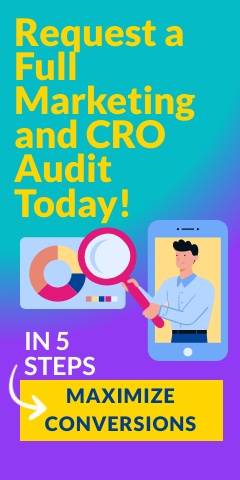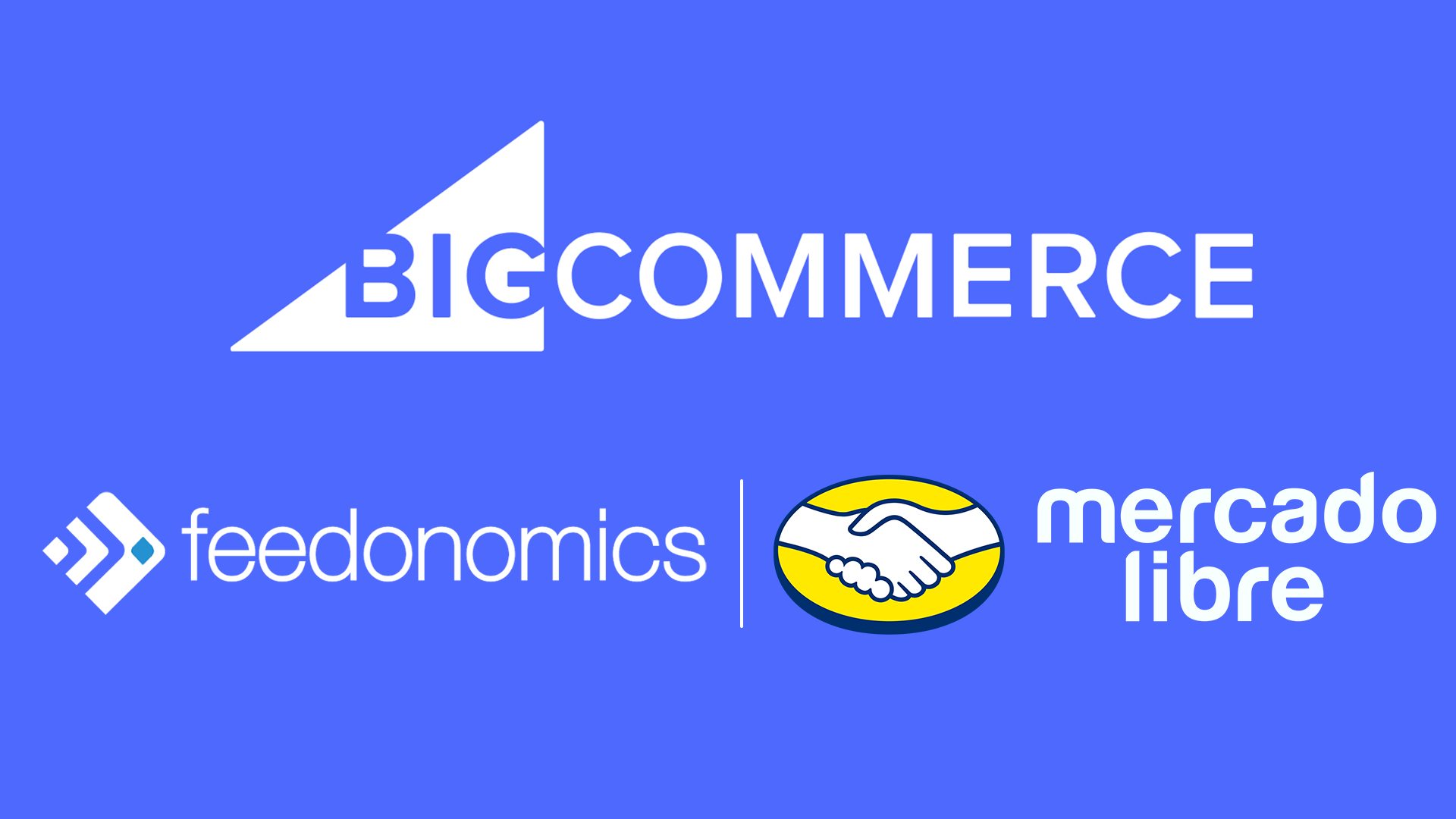 It’s like a massacre on SERPs (Search Engine Result Pages) these days. Google organic traffic is so unstable, and we see this across the board, not only in one or two specific industries. Business owners and webmasters are freaking out. All of us who live in the online marketing world would actually be shocked to see how many really technical people (engineers, programmers, designers, webmasters) know so little about how algorithms work and how complex an online marketing strategy can be.
It’s like a massacre on SERPs (Search Engine Result Pages) these days. Google organic traffic is so unstable, and we see this across the board, not only in one or two specific industries. Business owners and webmasters are freaking out. All of us who live in the online marketing world would actually be shocked to see how many really technical people (engineers, programmers, designers, webmasters) know so little about how algorithms work and how complex an online marketing strategy can be.
So, let’s assume that you are one of these people. You are fairly smart, technical and technology savvy. However, all this talk about analytics, algorithms and SEO (Search Engine Optimization) is confusing you. You know how to run your business, but you do not have time for all this internet stuff that is going on. Your webmaster or marketing guy keeps telling you that you lost a bunch of traffic from Google, your average traffic is down 15%-80% and you do not know what to do.
What do you do when your Google traffic starts to fall and keep falling for days, weeks and sometimes months? It’s painful to watch that day in and day out, and see your internet revenue shrink due to evaporating sales. The reality is there are over 200 technical elements on your site and server that could be causing this decline. The ideal course of action would be to fix whatever issues your site has, and then file for a “Reconsideration Request” with Google. A “Reconsideration Request” is submitted from a “Google Webmaster Tools” account after ALL the issues on the site have been fixed. Although it might sound very straightforward and easy, this whole “fixing” process is complex. First let’s look at all the reasons why a site’s traffic might start to decline.
Malware
This is a pain in the neck for a lot of webmasters and hosting companies. There are many viruses out there which might infect your computer that use the programs on your computer (browser, ftp client etc) to upload malware to your site. This malware usually executes on your site, changes the code in your web files so that when other users go to your site, they get redirected to other sites such as porn sites or sites selling Viagra, et al. Google hates malware and does anything to stop it. Therefore, if your website is infected with malware and you do not fix it quickly, Google might end up un-indexing all your pages. This means you lose ALL organic traffic.
Fix: Unfortunately, there’s no easy answer here. It might be difficult to remove all malware from your web files. There are some 3rd party tools like “Sucuri” that does this for a fee. Also, your hosting company might be willing to fix this for you. However, you must have backups since the malware might overwrite certain files. After you fix these issues, you can file for a re-consideration request.
Make sure that you have programs like SuperAntiSpyware and Windows Security Essentials on your PC to make sure that it’s kept infection-free.
Incorrect URL Move or Wrong 301 Re-directs
This is probably the most amateurish mistake any designer/webmaster can make. Yet, you would just be amazed how many large companies and corporations make this mistake. Let’s say that “Acme Inc.” has been in business for 20 years. They sell engine and motor parts and they have had their site “Acme.com” for 10 years. Recently, they went through a re-branding phase and they need to change their URL to “Acmemotors.com”. They re-design their site, re-launch the newly designed site and just redirect Acme.com to Acmemotors.com; however they never redirect each individual page to the newly corresponding page on the new URL. This means that all the deep pages within the old site are gone now and anyone trying to find the page on Google gets a 404 error (page not found.) Google sees this data and starts un-indexing all the pages. Since Acme Inc. never informed Google of this change, or did not do a universal 301 redirect from the old site to the new site, they lose all traffic from Google. Potentially the most damaging, none of the authority from the old site gets transferred to the new site.
This is basically a disaster; it’s suicide. But, we see this happening all of the time.
Fix: This can be fixed if the old site files can still be accessed and the website move was done recently. (Less than 30 days) The old site needs to be mapped to all the new pages on the new site, and 301 redirects should be implemented through the .htaccess file. Remember, every individual page on the old URL needs to be 301-redirected to the right page on the new URL. After this is done, a request can be made for reconsideration.
If it has been more than 30 days since the URL change, it’s hard to recover the old traffic since Google might already have de-indexed and de-valued all the old pages since they were all returning 404 errors.
Server Issues: Incorrect HTACCESS Parameters, Robots.txt etc.
If a number of technical people necessarily have access to your site, and they are all making changes, you might well experience this problem. A good example would be companies that outsource everything (design, copywriting, programming, analysis) to different people or companies. Even the slightest mistake on the homepage source code (no-index), robots.txt file (disallow) or .htaccess file can instruct the search engines NOT TO INDEX your whole site or partial categories. When this happens, you will just see your traffic declining without any clear idea as to why.
Fix: A site audit would be necessary to check all key configuration files and parameters on the site to make sure there are no errors in the code. Once the issue is fixed, a reconsideration request should be filed with Google.
Algorithmic Penalties (Google Panda and Google Penguin)
These are my favorite because website vitals can be so basic, yet so complicated. This one requires its own article and I did write one just for that, you can review details and fixes for algorithmic penalties here.
Manual Spam Actions by Google
This happens when you have been a bad boy. You buy links from link farms, you cloak pages, you have duplicate content on your site (doorway pages), and paid others to leave you positive reviews on Google Local or you have done similar  spammy things on your site. Google might just recognize what you are doing and penalize your site. In our experience, this usually happens when a few users complain about you to Google. Here is where this activity all is occurring https://www.google.com/webmasters/tools/spamreport)
spammy things on your site. Google might just recognize what you are doing and penalize your site. In our experience, this usually happens when a few users complain about you to Google. Here is where this activity all is occurring https://www.google.com/webmasters/tools/spamreport)
Fix: First repent. Then, remove all spammy backlinks and stop all shady practices. Once you are as clean as a whistle, file for a reconsideration request. You can find more detailed information on what you should clean up here.
You Stop Writing Articles/Blogs and Stop Updating Your Content
This is probably the worst thing you can do. It just means that you are giving up. Especially with the most recent Google algorithm updates, “freshness” is everything. You simply CANNOT stop generating content. We recommend at least 2-3 articles/blog posts that are each 1000 words or more each week. The fix for this is pretty simple; get to it and stop procrastinating. You can read more about what kind of content you should write here.
Bear in mind that after you file for a Google Reconsideration Request, Google will respond to you within 5-9 days telling you if you have been penalized by a manual action or not. Even though they might tell you, “We reviewed your site and found no manual actions by the webspam team that might affect your site’s ranking in Google. There’s no need to file a reconsideration request for your site, because any ranking issues you may be experiencing are not related to a manual action taken by the webspam team.”
We have seen that if you follow the above suggestions and the ones mentioned here, there’s a high probability that you will get your traffic back within 30-180 days. At least, that has been our experience working with our clients.
Basically, it’s all about practicing what Google preaches as well as writing / implementing high quality, fresh and unique content. We have recovered many sites from manual Google penalties as well as algorithm updates; perhaps we might be able to do the same for you. Contact us and we’ll make it happen.





